Equine Prepurchase Exams: What Horse Buyers Need to Know
Purchasing a horse is an exciting and significant investment, whether you’re looking for a performance horse, trail companion, or breeding prospect. However, before finalizing your decision, one of the most crucial steps is a prepurchase exam (PPE)—a thorough veterinary evaluation to assess the horse’s health, soundness, and suitability for your intended use.
At Lewiston Veterinary Clinic, we provide comprehensive prepurchase exams to help buyers make informed decisions and avoid unexpected health issues down the road. This guide will cover what a prepurchase exam includes, why it’s important, and how to interpret the results.
What Is an Equine Prepurchase Exam?
A prepurchase exam (PPE) is a detailed veterinary evaluation performed before purchasing a horse. While not a pass-or-fail test, the PPE provides critical insights into the horse’s current health, past medical history, and potential future soundness issues.
According to Cornell University, a PPE should be customized based on the buyer’s intended use of the horse. A high-level performance horse will require a more extensive exam than a horse intended for pleasure riding.
Why Are Prepurchase Exams Important?
1. Identifying Potential Health Issues
- Some conditions, such as lameness, respiratory problems, or vision impairments, may not be obvious during a casual inspection.
- A PPE uncovers hidden issues that could affect the horse’s long-term performance and well-being.
2. Protecting Your Investment
- Horses are a financial and emotional commitment—a PPE helps ensure you’re making a wise purchase.
- If significant health concerns arise, you may negotiate a lower price, request further diagnostics, or reconsider the purchase altogether.
3. Ensuring the Horse Matches Your Needs
- A horse that is sound today may not stay sound for your intended use if underlying issues exist.
- Evaluating conformation, gait, and medical history ensures the horse can meet your expectations.
Read more about why PPEs matter from SmartPak Equine.
What to Expect During a Prepurchase Exam
A PPE varies based on buyer preference, intended use, and veterinarian recommendations. However, a standard exam typically includes:
1. Physical Examination
- Vital signs: Temperature, pulse, and respiration rate
- Heart and lungs: Checking for murmurs, arrhythmias, or breathing abnormalities
- Eyes: Evaluating for cataracts, vision impairment, or uveitis
- Teeth and mouth: Assessing dental health and age estimation
2. Lameness Evaluation
- Hoof and limb palpation: Checking for swelling, pain, or irregularities
- Flexion tests: Evaluating joint flexibility and response to stress
- Gait assessment: Watching the horse at a walk, trot, and canter on hard and soft ground
Many buyers assume PPEs only focus on lameness, but they also assess metabolic and systemic health. Learn more from The Horse.
3. Neurological Assessment
- Evaluating coordination, reflexes, and proprioception
- Identifying signs of neurological disorders such as EPM (Equine Protozoal Myeloencephalitis)
4. Hoof and Farrier Evaluation
- Assessing hoof condition, shoeing, and structural soundness
- Checking for navicular changes, laminitis, or imbalanced hoof angles
5. Advanced Diagnostic Testing (Optional but Recommended)
- Radiographs (X-rays): Detecting hidden issues such as arthritis, fractures, or bone abnormalities
- Ultrasound: Evaluating soft tissue injuries, tendons, and ligaments
- Endoscopy: Checking for upper airway conditions (especially in performance horses)
- Bloodwork: Screening for infections, metabolic disorders, or drug use
Learn more about PPE diagnostics from Iowa State University’s Veterinary Medical Center.
How to Interpret the PPE Results
A prepurchase exam does not “pass” or “fail” a horse—instead, it provides an objective assessment of the horse’s health and soundness. The final decision is based on:
- The severity of findings (mild issues vs. career-ending conditions)
- Your intended use (a trail horse vs. a Grand Prix jumper)
- Veterinarian recommendations
Some conditions may be manageable with proper care but could require ongoing veterinary expenses. Learn more from Mad Barn’s guide to prepurchase exams.
Choosing the Right Veterinarian for a PPE
Selecting an experienced, independent veterinarian is crucial for an unbiased evaluation. At Lewiston Veterinary Clinic, we:
- Provide a thorough, customized assessment based on the buyer’s goals
- Offer advanced diagnostics including radiographs and ultrasound
- Deliver honest, professional recommendations to guide purchasing decisions
Looking for a trusted vet for your horse’s prepurchase exam? Schedule an appointment with our equine team today.
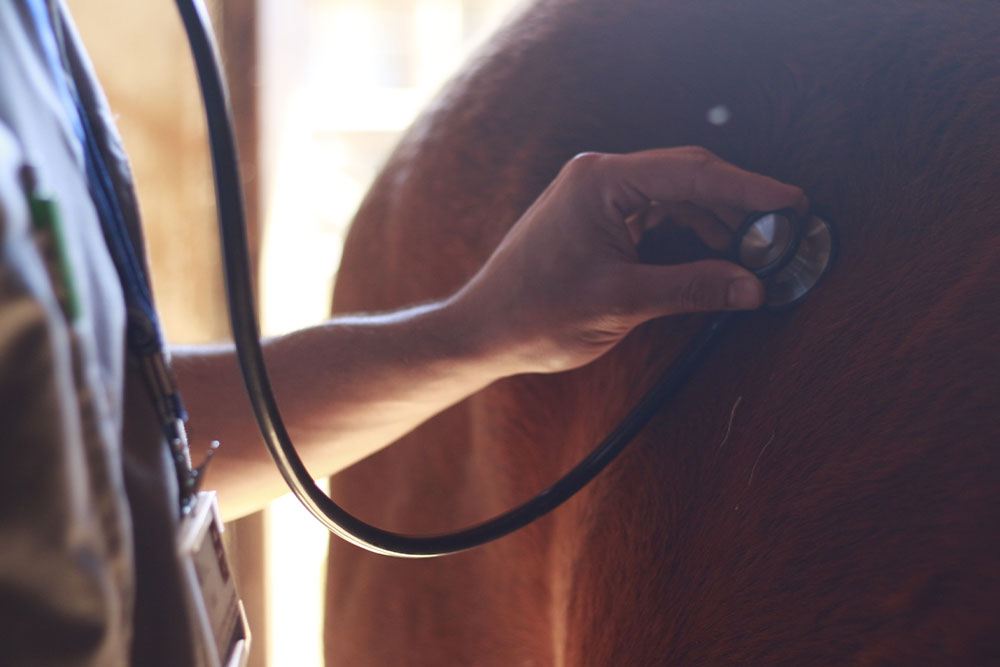
Final Thoughts: Making an Informed Decision
A prepurchase exam is an essential step in buying a horse, helping you:
- Identify potential health and soundness issues
- Protect your financial investment
- Ensure the horse is a good match for your needs
At Lewiston Veterinary Clinic, we are committed to providing thorough, honest evaluations to help buyers make the best possible decision.
Meet our equine care team: Learn More
Schedule your horse’s PPE today: Contact Us



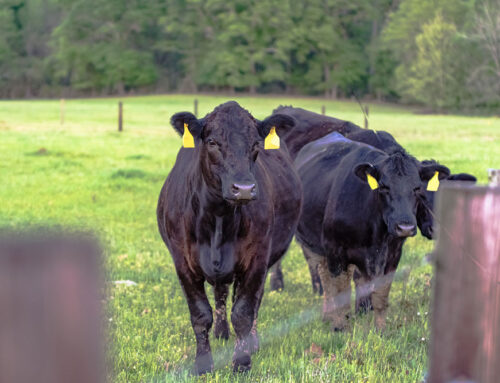
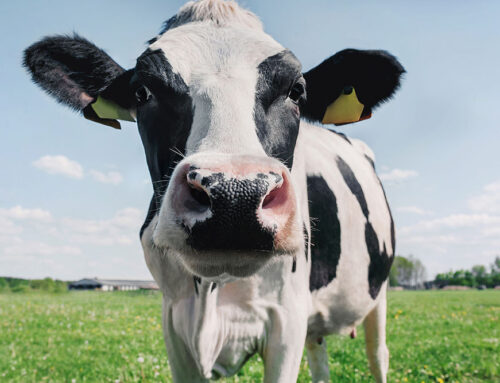
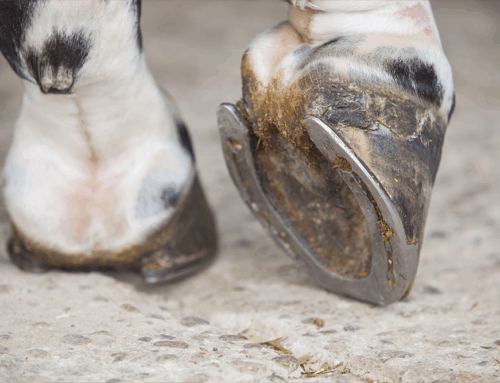
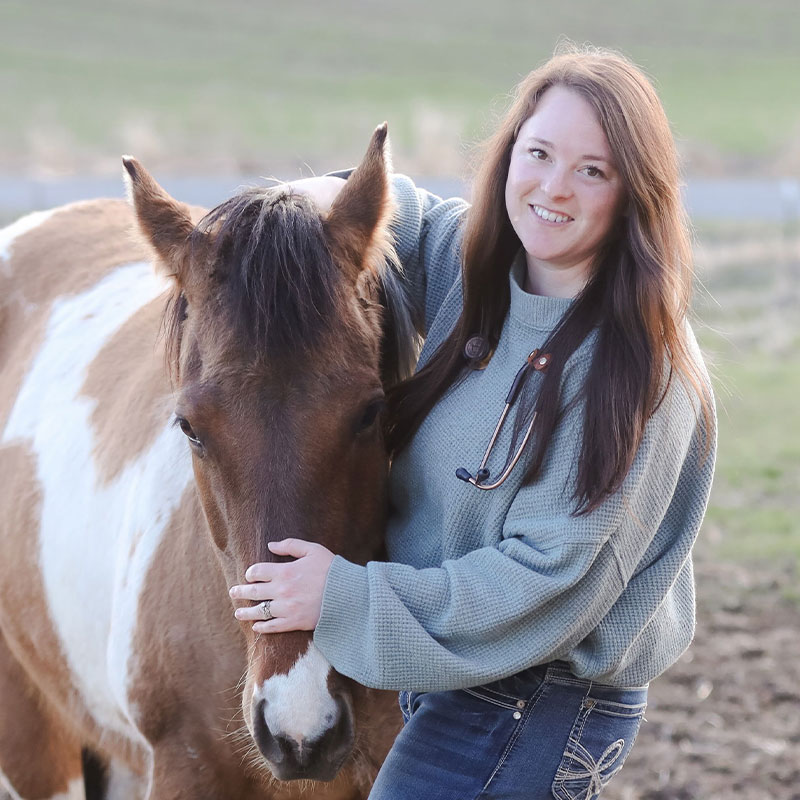

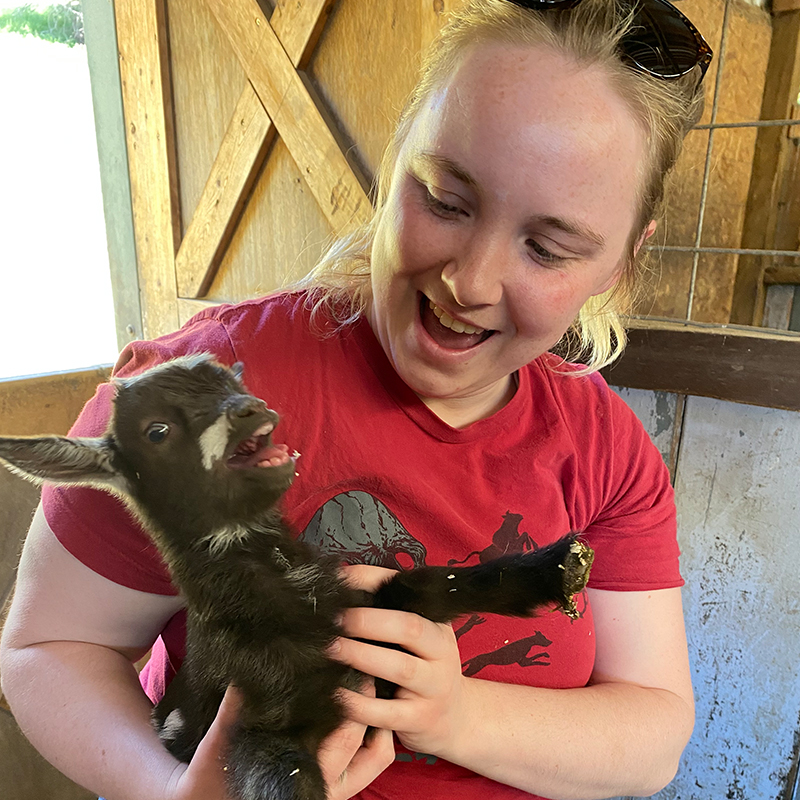
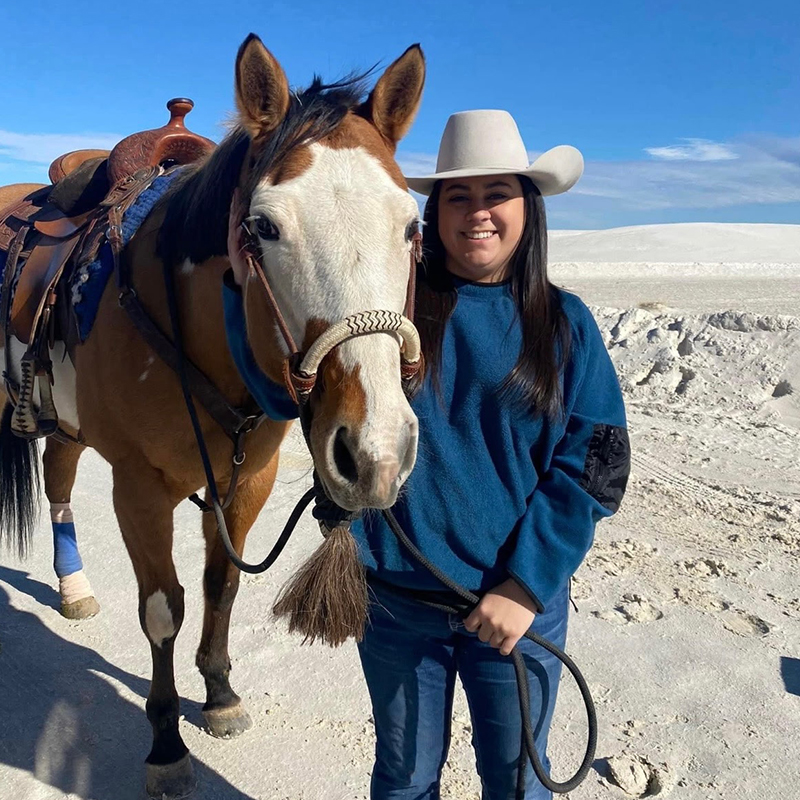


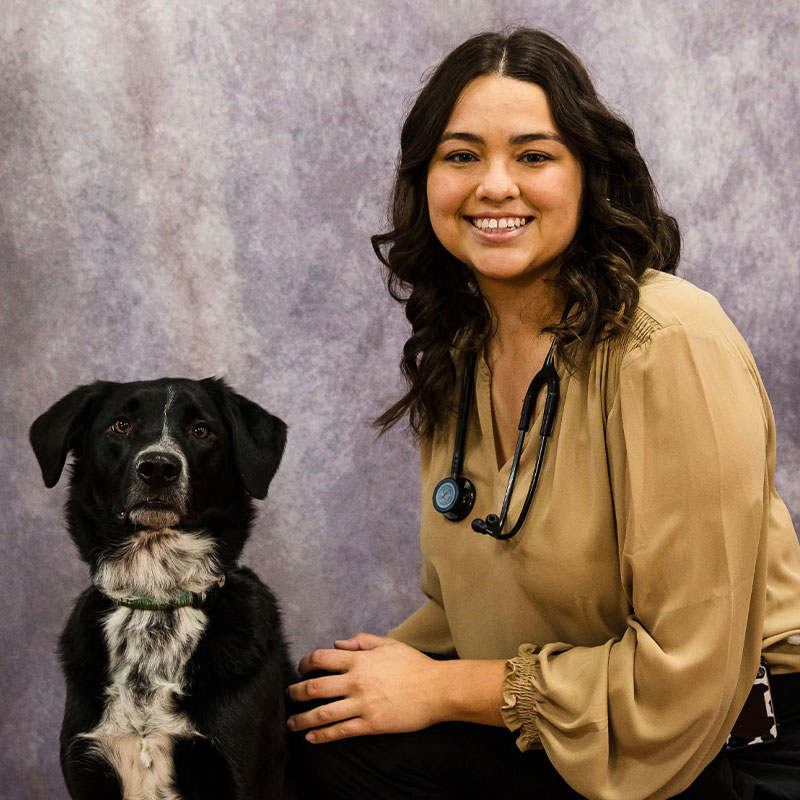

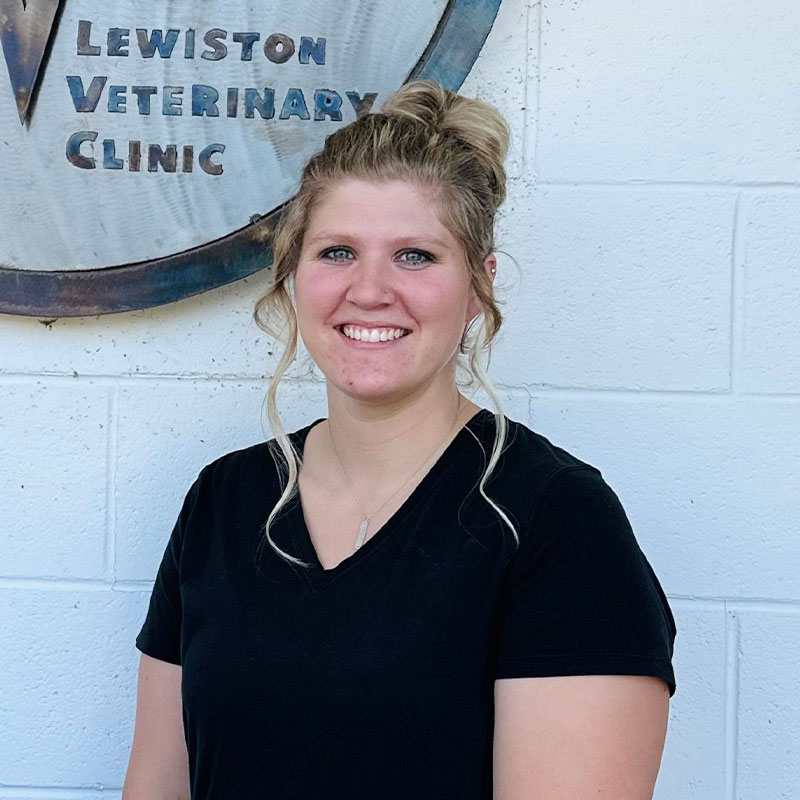





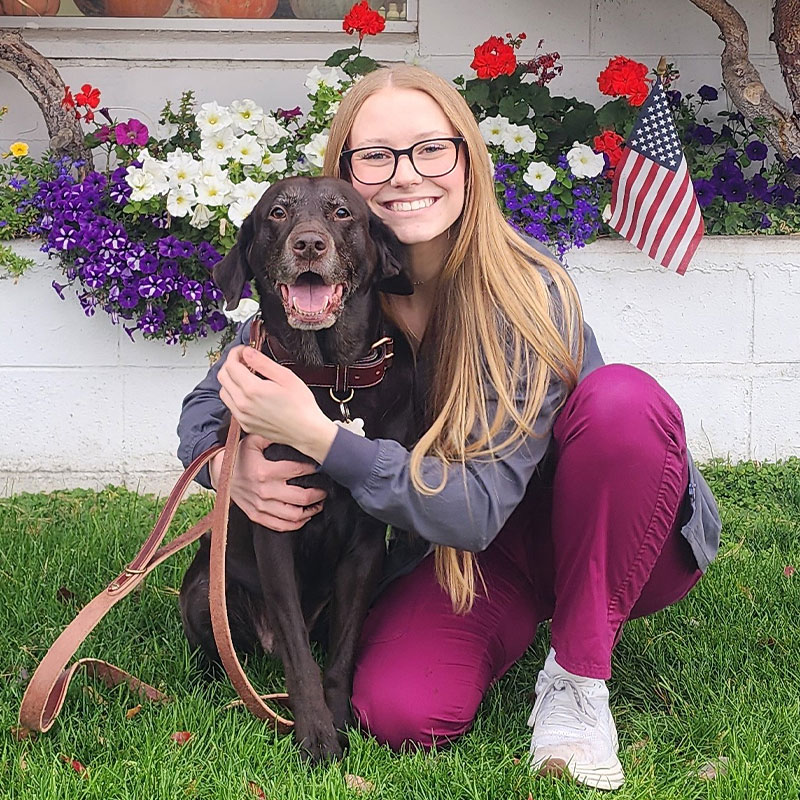
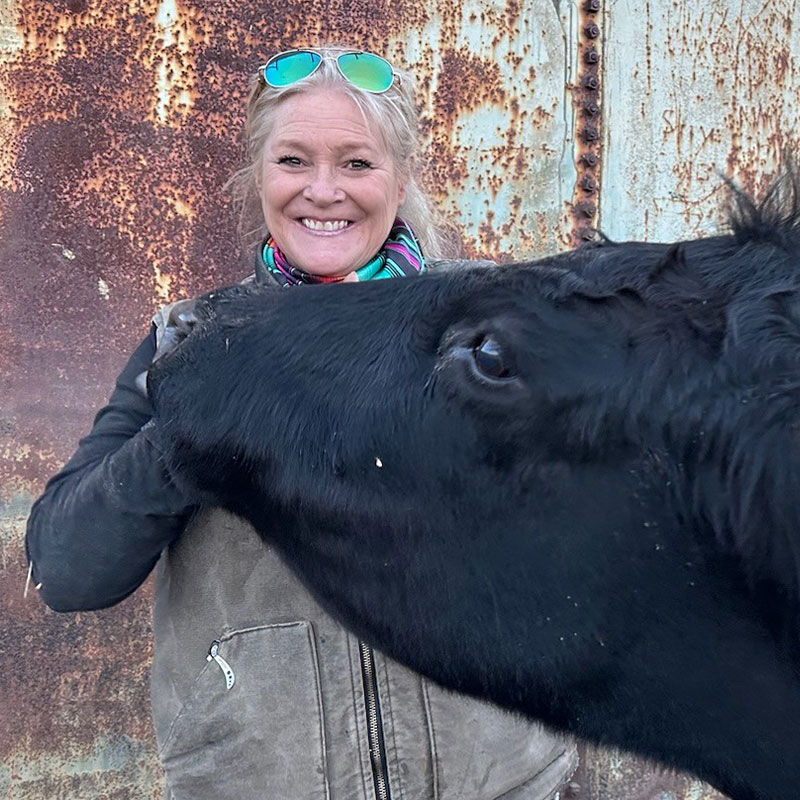






Leave A Comment